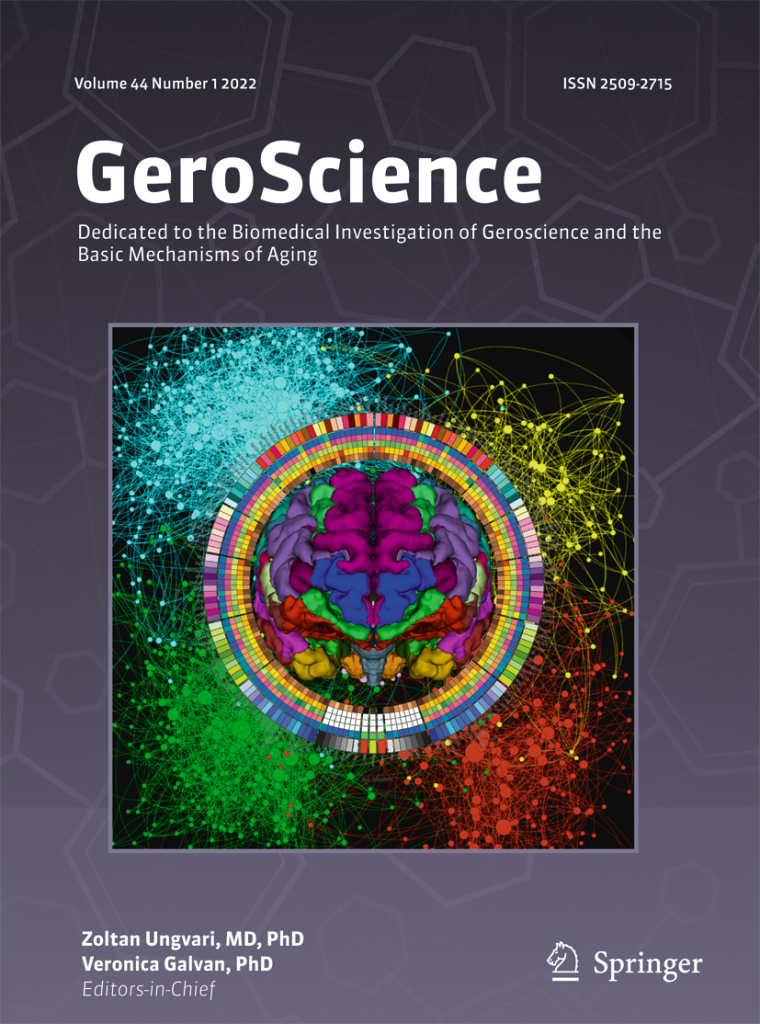Cerebromicrovascular mechanisms contributing to #longCOVID: implications for neurocognitive health
https://link.springer.com/article/10.1007/s11357-024-01487-4
> This review investigates key pathophysiological mechanisms contributing to cerebrovascular dysfunction in long COVID and their impacts on brain health. We discuss how endothelial tropism of #SARSCoV2 and direct vascular infection trigger endothelial dysfunction, impaired neurovascular coupling, and blood–brain barrier disruption, resulting in compromised cerebral perfusion. Furthermore, the infection appears to induce mitochondrial dysfunction, enhancing oxidative stress and inflammation within cerebral endothelial cells. Autoantibody formation following infection also potentially exacerbates neurovascular injury, contributing to chronic vascular inflammation and ongoing blood–brain barrier compromise. These factors collectively contribute to the emergence of white matter hyperintensities, promote amyloid pathology, and may accelerate neurodegenerative processes, including Alzheimer’s disease.
#PASC #SARS2
https://link.springer.com/article/10.1007/s11357-024-01487-4
> This review investigates key pathophysiological mechanisms contributing to cerebrovascular dysfunction in long COVID and their impacts on brain health. We discuss how endothelial tropism of #SARSCoV2 and direct vascular infection trigger endothelial dysfunction, impaired neurovascular coupling, and blood–brain barrier disruption, resulting in compromised cerebral perfusion. Furthermore, the infection appears to induce mitochondrial dysfunction, enhancing oxidative stress and inflammation within cerebral endothelial cells. Autoantibody formation following infection also potentially exacerbates neurovascular injury, contributing to chronic vascular inflammation and ongoing blood–brain barrier compromise. These factors collectively contribute to the emergence of white matter hyperintensities, promote amyloid pathology, and may accelerate neurodegenerative processes, including Alzheimer’s disease.
#PASC #SARS2
Cerebromicrovascular mechanisms contributing to long COVID: implications for neurocognitive health - GeroScience
Long COVID (also known as post-acute sequelae of SARS-CoV-2 infection [PASC] or post-COVID syndrome) is characterized by persistent symptoms that extend beyond the acute phase of SARS-CoV-2 infection, affecting approximately 10% to over 30% of those …SpringerLink


Margaret •
"Acknowledgements The 4o version of ChatGPT, developed by OpenAI, and Gemini, developed by Google, were used as a tool to refine our writing and enhance the clarity of our work."
I shall keep that in mind as I read it (406 references!!)
Hugs4friends ♾🇺🇦 🇵🇸😷 •
Margaret •
Hugs4friends ♾🇺🇦 🇵🇸😷 •